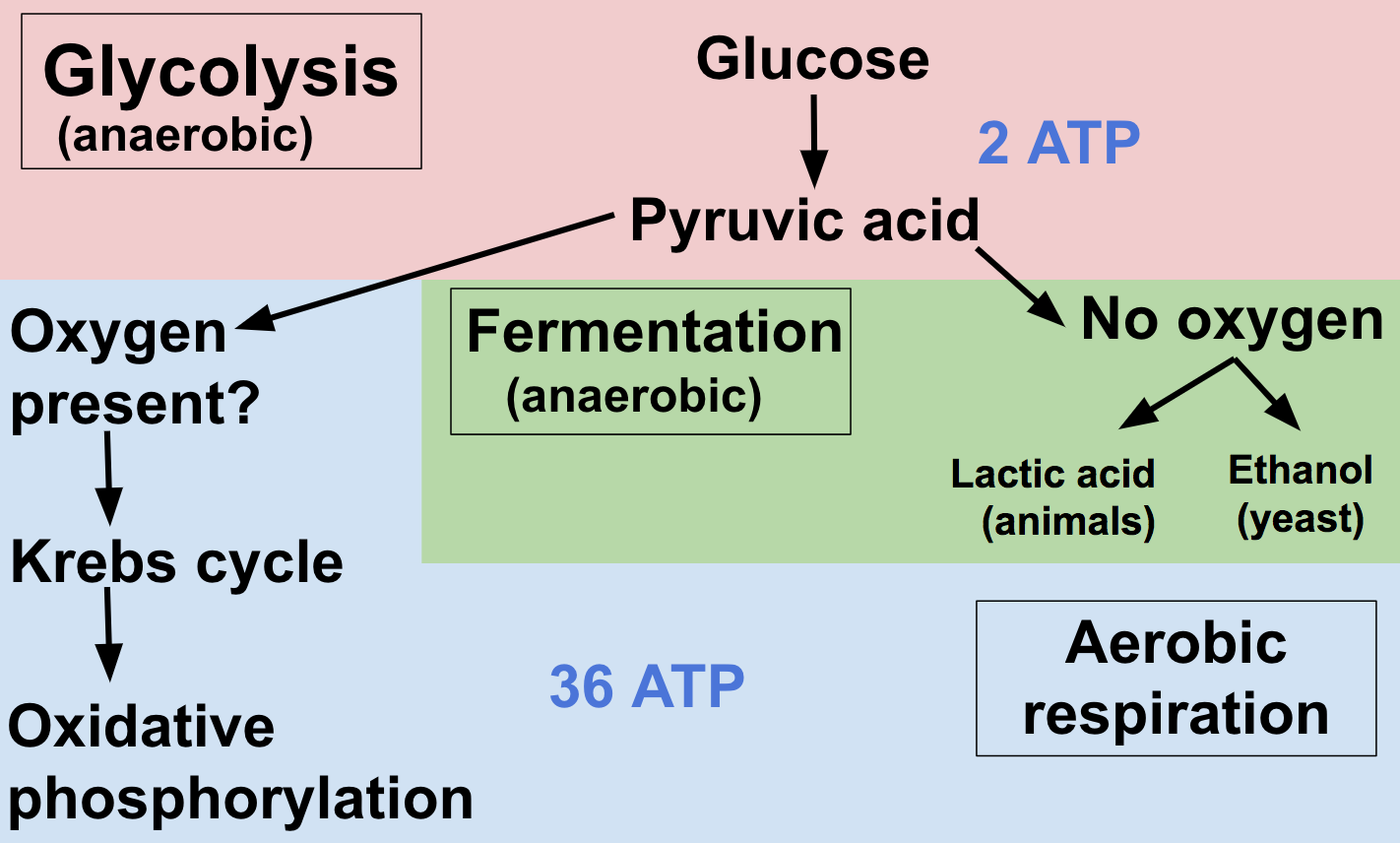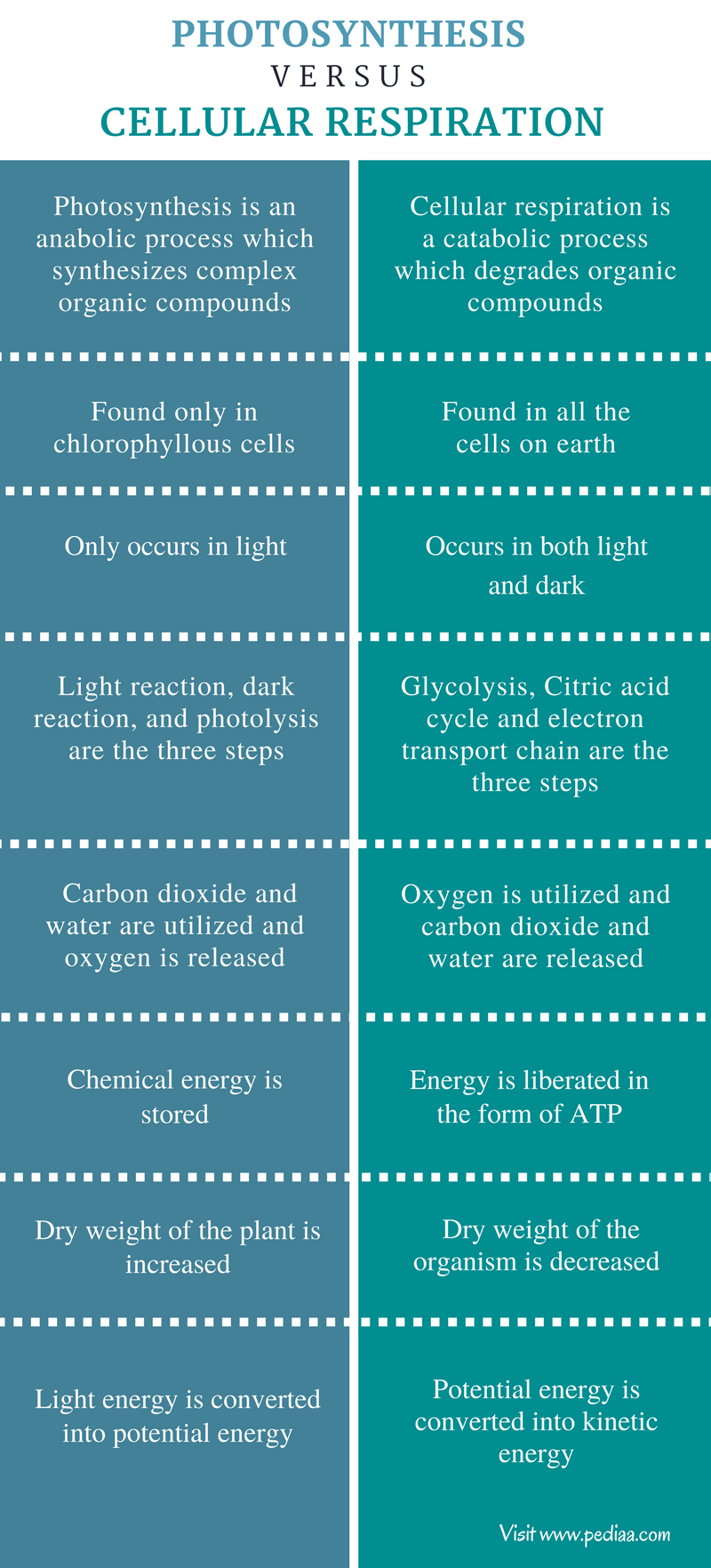Cellular Respiration In Plants Definition

What is the best definition of cellular respiration.
Cellular respiration in plants definition. Plant respiration is the process of plants using up the sugars made through photosynthesis and turning them into energy for growth reproduction and other life processes. Cellular respiration refers to the process which is responsible for the breakdown of food inside the cell. It involves 3 stages and occurs at various positions within the cell.
Those flowerless plants which have no ducts or fiber in their tissue as mosses fungi lichens and algæ. In plants there are two types of respiration. Any of various energy-yielding oxidative reactions in living matter that typically involve transfer of oxygen and production of carbon dioxide and water as end products Cellular respiration is a series of reactions occurring under aerobic conditions during which large amounts of ATP are produced.
The reactions involved in respiration are catabolic reactions which break large molecules into smaller ones releasing energy because weak high-energy bonds in. Cellular respiration All organisms respire in order to release energy to fuel their living processes. In this process of cellular respiration plants generate glucose molecules through photosynthesis by capturing energy from sunlight and converting it into glucose.
It involves the splitting of pyruvic acid produced by glycolysis into carbon dioxide and water along with the production of adenosine triphosphate ATP molecules. It is observed in both plants and animals and the end product of this type of respiration is water and Carbon dioxide CO2. The process of respiration in plants involves using the sugars produced during photosynthesis plus oxygen to produce energy for plant growth.
Cellular respiration is a set of metabolic reactions and processes that take place in the cells of organisms to convert chemical energy from oxygen molecules or nutrients into adenosine triphosphate and then release waste products. When and Where Do Plants Respire Plants respire throughout day and night therefore producing carbon dioxide 24 hours. Aerobic respiration is a type of cellular respiration that takes place in the presence of oxygen and produces energy.
Cellular respiration uses glucose and oxygen to produce carbon dioxide and water. The breakdown of food leads to the production of energy. Cellular respiration definition the oxidation of organic compounds that occurs within cells producing energy for cellular processes.



















